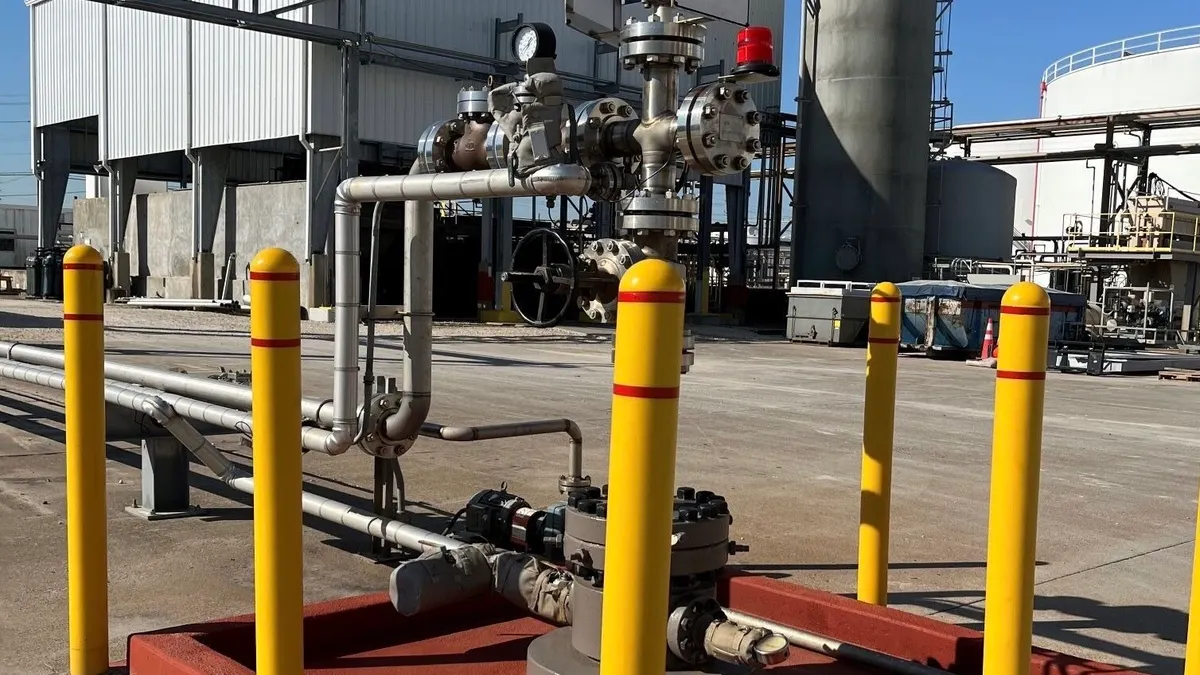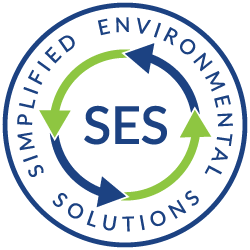Dive Brief:
- VLS Environmental Solutions now has the capability to permanently dispose of elemental mercury at its VLS Texas Molecular treatment, storage and disposal facility in Deer Park, Texas.
- VLS says it is the “first and only” facility that offers a RCRA-compliant elemental mercury disposal option in the United States. VLS plans to begin accepting the material later this month and processing it for disposal by December.
- The service is meant to be an alternative for industries that are indefinitely storing elemental mercury at their own facilities, including the mining, energy, chemical and manufacturing sectors, as well as federal agencies that are managing legacy mercury reserves, VLS said in a news release.
Dive Insight:
VLS, known for its specialty industrial hazardous waste treatment services, has been managing mercury-containing materials in different ways for several years, but the ability to offer permanent disposal for elemental mercury is new.
Elemental mercury — the pure, liquid kind used in some older thermometers and older electronics — can be tricky to manage compared with other kinds of mercury-containing materials. That’s because the elemental type can evaporate at room temperature and become a toxic vapor or turn into a gas when heated, according to the EPA.
The Mercury Export Ban Act, which went into effect in 2013, prohibits the export of elemental mercury, but the country has not had a regulatory-compliant disposal option since then, said Robert Wheatley, VLS’ chief strategy officer, in an interview.
Companies that manage elemental mercury as a waste typically store it in permitted containers at their own facilities, meaning some industries are currently keeping the element in storage indefinitely.
That storage strategy comes with ongoing management costs, and it can “delay the problem and can pose potential serious risks,” such as public health risks from accidental exposure, said Chris Lobue, VLS’s executive vice president of hazardous waste, in a statement.
On-site storage “is fairly safe, but it is certainly safer to dispose of it than it is to simply sit it on the ground and store it in perpetuity,” Wheatley added.
Wheatley said VLS’ Deer Park location, which it acquired in 2023, already had the infrastructure to safely treat and dispose of elemental mercury. The location’s injection wells are fully permitted by both the Texas Commission on Environmental Quality and the U.S. EPA to accept and dispose of the material, and the company noted this offers a preferable solution by storing waste under the water table.
VLS has managed about 70 million gallons of other kinds of mercury-containing waste since 2021 from sources such as power plants, the healthcare industry and research institutions.
VLS will handle the transportation of the elemental mercury to Deer Park, then will process elemental mercury into a mercury salt that gets blended into a liquid solution for final disposal.
“There's a lot of stored mercury that's out there right now, and we would like to take all of it,” Wheatley said. “We think we can take all of the government and private industry stockpiles of mercury and process them for disposal in probably two to two-and-a-half years.”
VLS aims to make its mercury disposal service a more significant part of its offerings in coming years, though Wheatley anticipates it won’t be as big a part of the business compared to some of its other hazardous waste offerings. The company in recent years has become more interested in managing per- and polyfluoroalkyl substances, or PFAS, especially from firefighting foam used by the U.S. Department of Defense and other entities.













